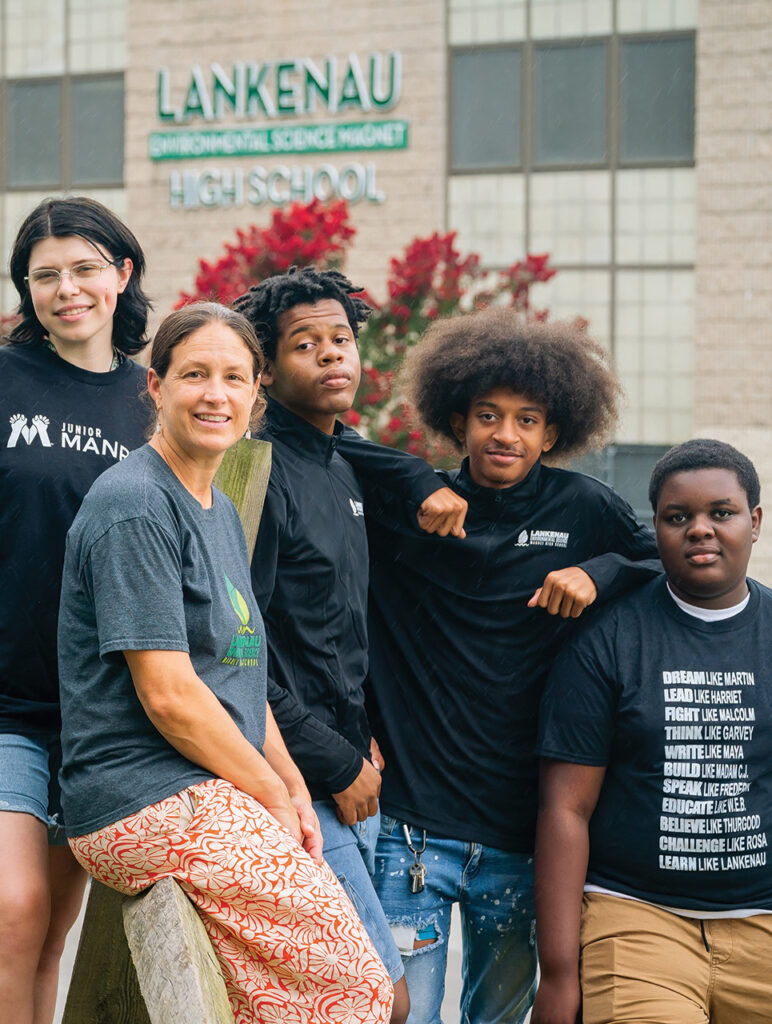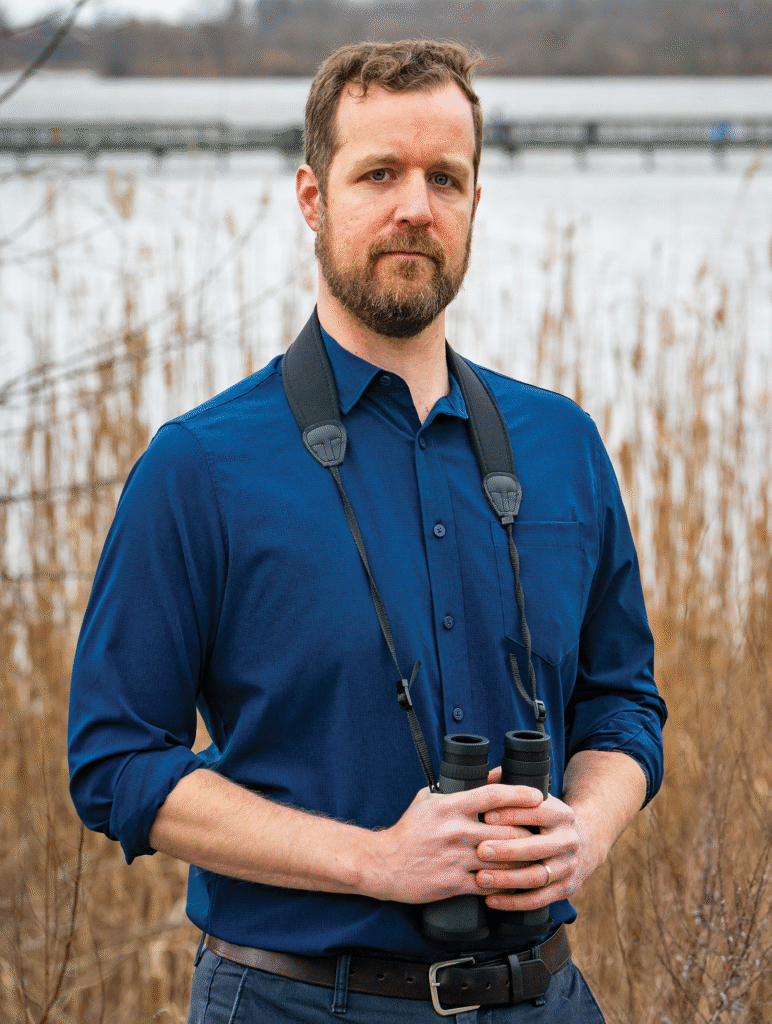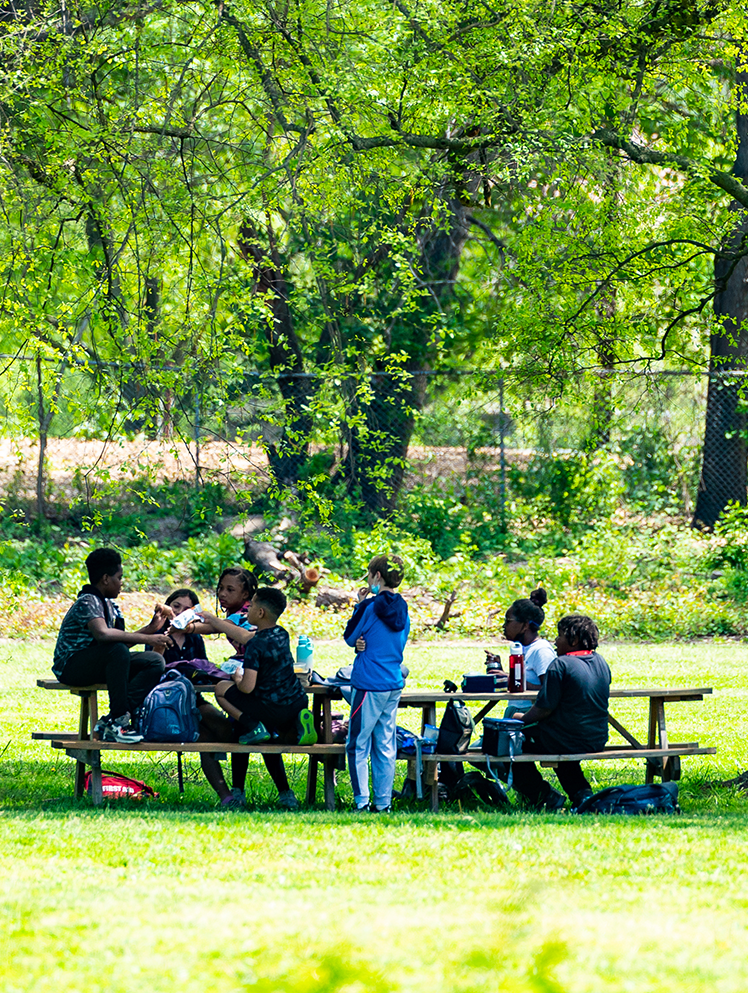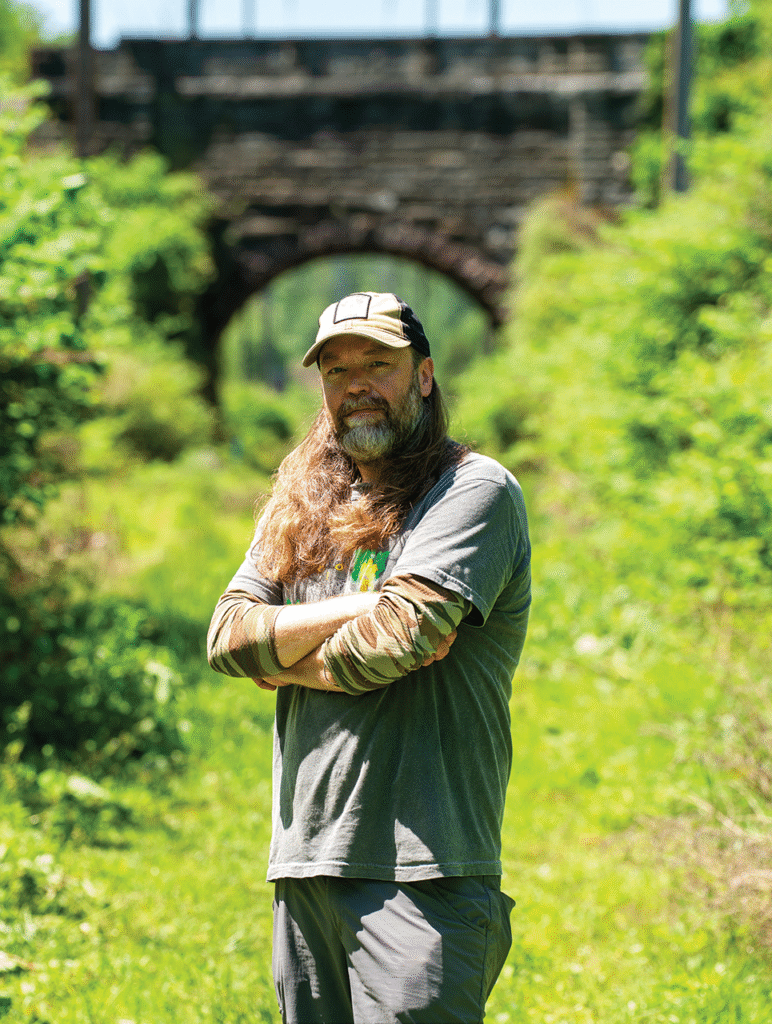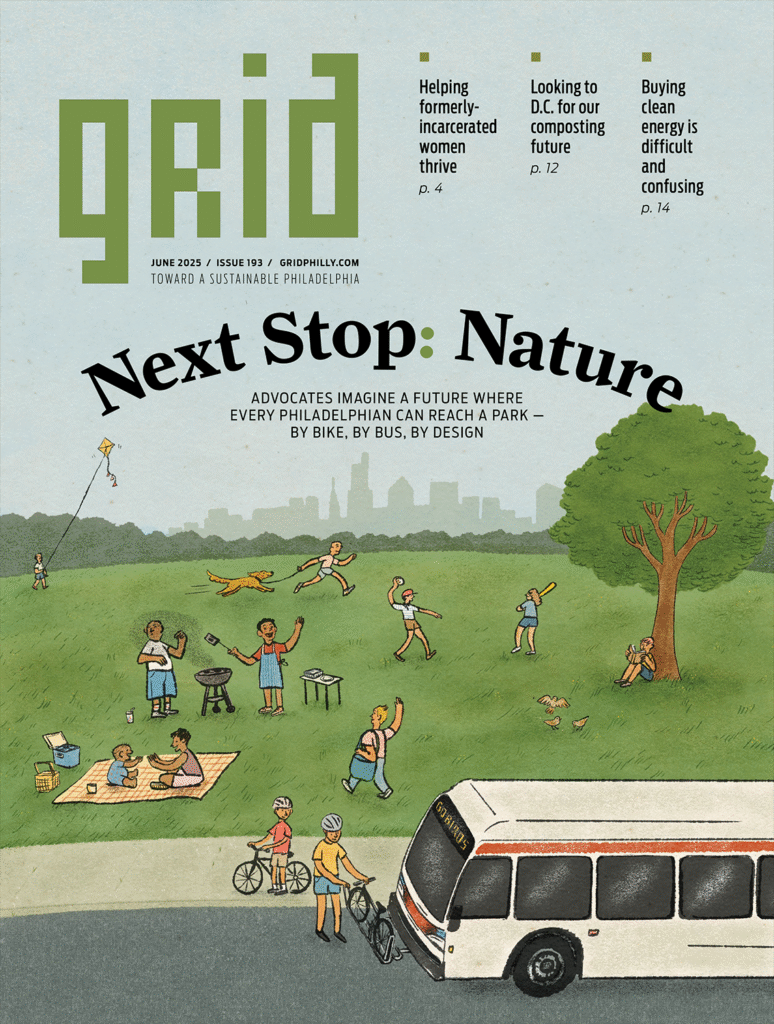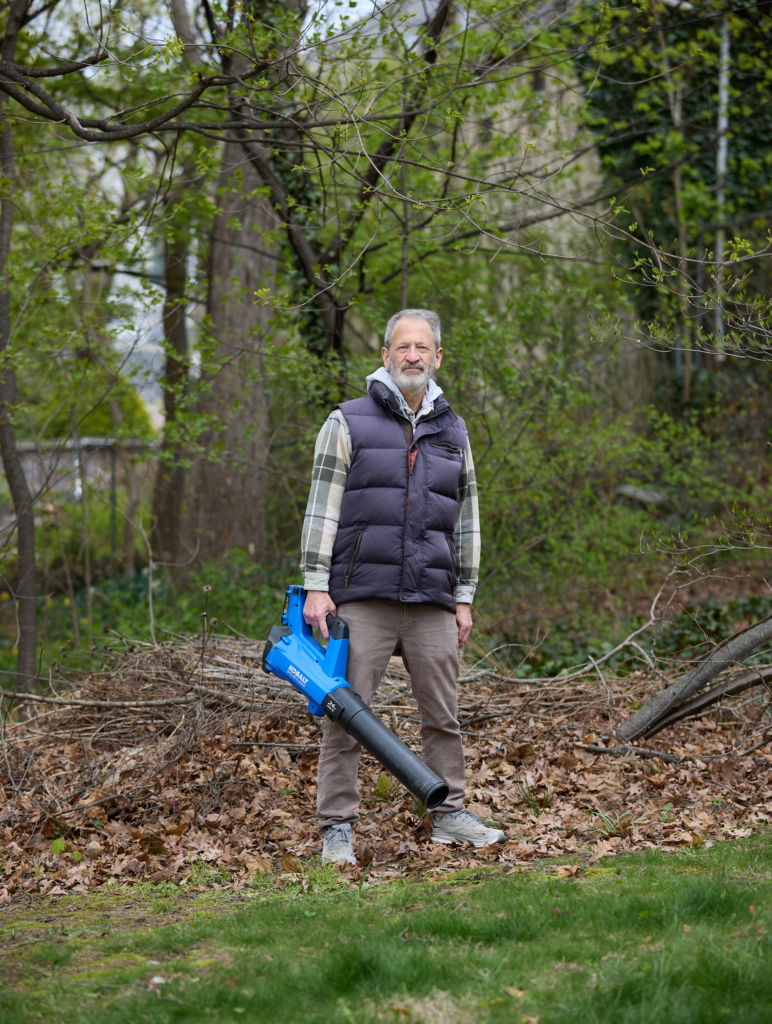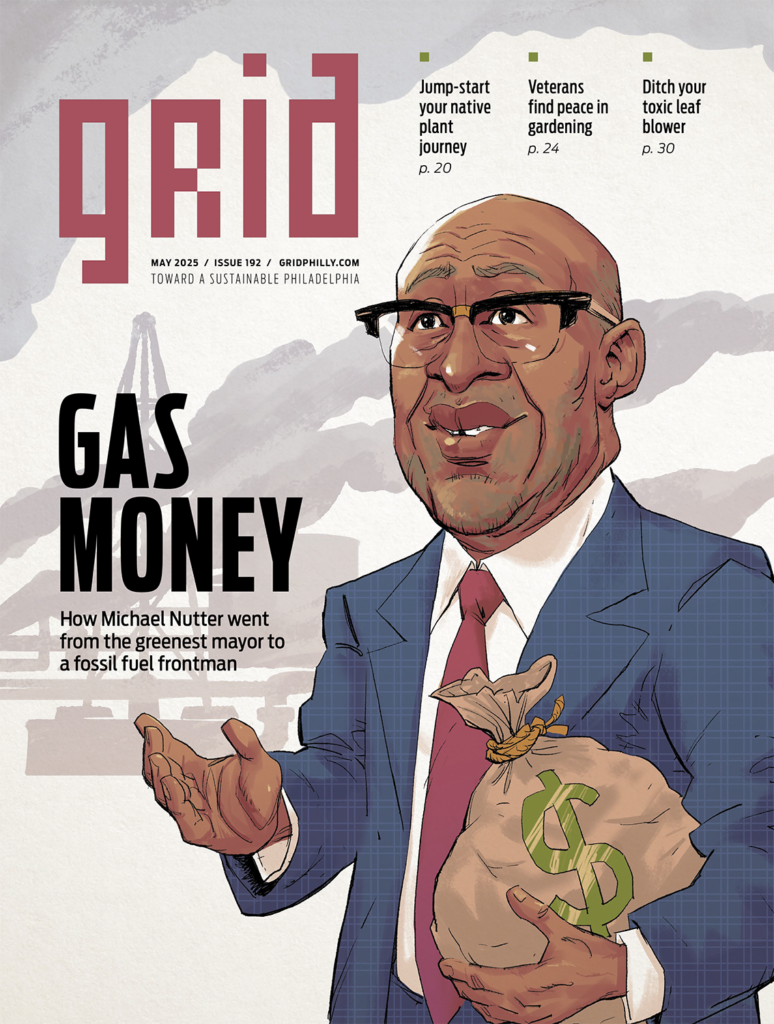It’s not easy to get to the Lankenau Environmental Science Magnet High School. The school sits on 17 acres at the northwest border of Philadelphia, a pocket of land not served by SEPTA, forcing the district to bus students to and from school. In exchange for the long ride, however, students learn in an expansive
MorePhiladelphia’s park system is many things. It is big, but much of it is difficult to access. Some sections are practically ancient, home to historic buildings hundreds of years old; one even dates back to New Sweden. At the same time, the system is constantly being renovated. If you’re lucky, you might have a new
MoreWill Caverly was one of the thousands of people who flocked to the John Heinz National Wildlife Refuge at Tinicum during the COVID-19 pandemic. And like most of those people, he didn’t know much about Eastwick, the neighborhood next door. He wasn’t aware how, during the mid-20th century, it was the site of the largest
MoreOn April 16, halfway through the City of Philadelphia’s annual budget hearings, Philadelphia Parks & Recreation answered City Councilmembers’ questions centering safety and the future of the department’s more than 500 facilities. The department is requesting nearly $7.4 million less than last year largely because, as commissioner Susan Slawson testified, the FY2025 budget included one-time
MoreIn the spring of 2024 the board of trustees of Parks & Rec Heroes, previously known as the Philadelphia Parks Alliance, voted to wind down the organization’s operations. Originally called Friends of Philadelphia Parks, the group was founded in 1983. It lobbied for increased funding as well as a more inclusive and transparent Fairmount Park
MoreWhen Robert Thomas, 78, was 11 years old, he envisioned a hiking trail in Northwest Philadelphia that would follow the corridor of the Pennsylvania Railroad’s abandoned Fort Washington branch. He even gave a presentation about the idea to his sixth-grade class. “It was my first feasibility study for a trail: ‘Why we should connect the
MoreThe offers come with a knock on the front door, a white envelope in the mail or a greeting from a fresh-faced salesperson at the farmers market. “Make the switch to clean energy.” But the rates promised and the actual sources of the energy can be difficult for a consumer to understand. Enter PA Power
MoreFor more than a decade, Philadelphia-based artist and educator Shira Walinsky has taken an interest in the lives of immigrants in the city. In 2016, she and fellow artist Laura Deutch teamed up to chronicle “47 Stories” from SEPTA’s Route 47 bus, which shuttles between immigrant communities in South Philadelphia and Olney. Riders talked to
MorePhiladelphia climbed four spots in the Trust for Public Land’s latest ParkScore index, released today, May 21, rising in the rankings from 32 to 28 out of the country’s 100 most populous cities. The index scores city park systems in subcategories such as access, acreage, amenities, investment and equity. Two factors explain Philadelphia’s rise through
MoreImagine the dirtiest engine legal in the United States. It’s an engine responsible for an annual 30 million tons of carbon dioxide, 21,000 tons of fine particulates and 68,000 tons of nitrogen oxides, which are harmful to human health and the environment, PennEnvironment reports. A heavy-duty truck or SUV may spring to mind, but this
MoreIn February, The Philadelphia Inquirer published — in print and online — an op-ed by former Philadelphia Mayor Michael Nutter. Titled “We should support an affordable, inclusive energy transition,” the article made the case that “we must act fast on the seriousness of climate change and do so responsibly, without losing sight of the affordability
More
